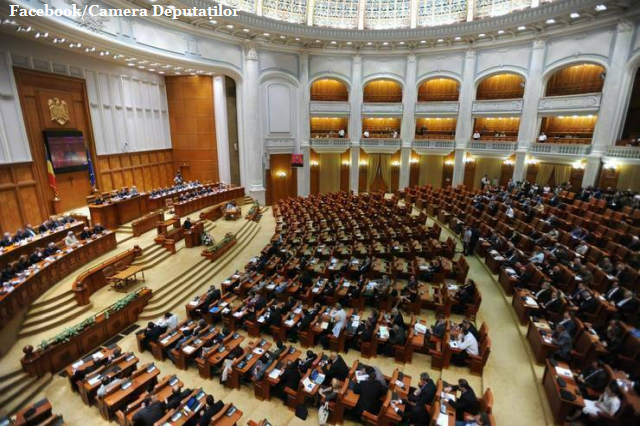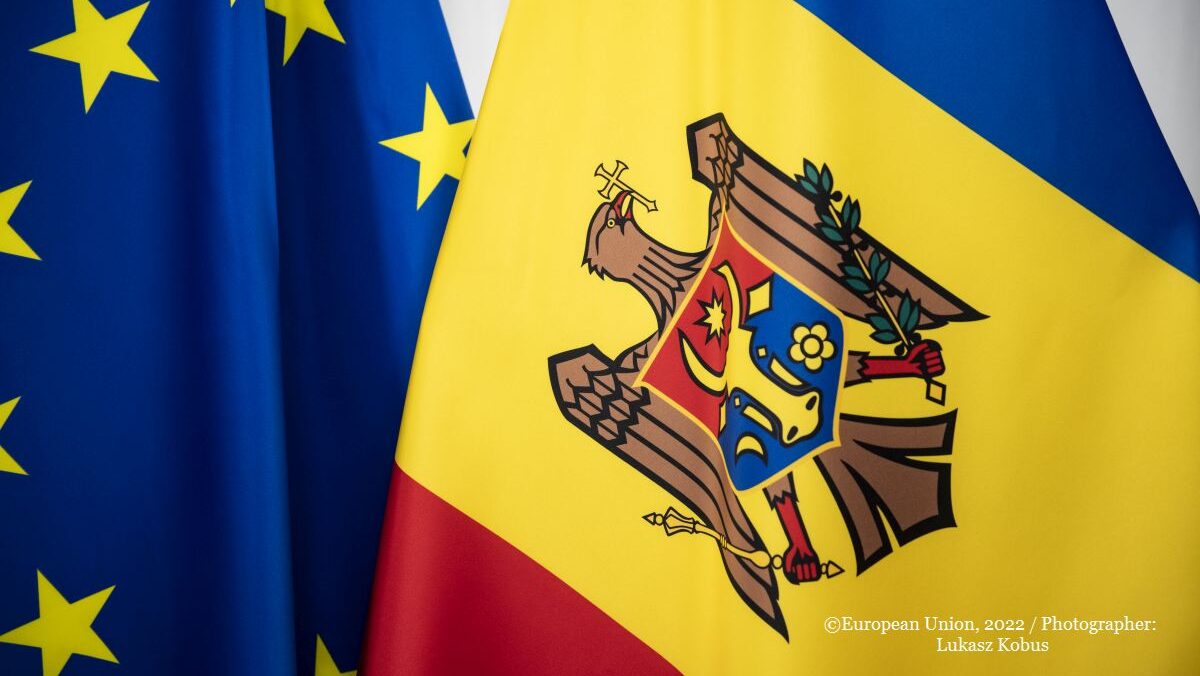Former MPs in Romania keep their special pensions
The former Romanian senators and deputies in Romania are allowed to keep their special pensions

Roxana Vasile, 29.11.2023, 13:50
In late June, Romania’s Parliament was proudly announcing that the senators and deputies, with a large majority, voted – wanting to set an example – to eliminate their own special pensions, in the context in which Romania undertook, under the NRRP, to abolish those pensions benefiting only some occupational categories. The vote has a special significance for the entire political class, said back then the president of the Liberals, Nicolae Ciucă. And the Social Democrat Alfred Simonis was stressing that it was a first step towards the reform of all special pensions: we don’t tax them, we don’t reduce them, we simply eliminate them. We repeal both those that are in payment and those that could have enter payment, if it were not for this law, said with conviction Alfred Simonis from the Parliament’s rostrum.
Parliament had also adopted a similar normative act in the not too distant past, but a decision of the Constitutional Court prevented its implementation. Something that has happened again now! After the resounding announcement made in June, at the end of November, comes another one from the same Supreme Court – former senators and deputies can keep their special pensions, and Parliament has the power to eliminate them only for the future. The CCR judges reasoned that, until their abrogation, special pensions were a legal right granted to elected officials who exercised at least one full parliamentary term by the date of reaching retirement age, otherwise, by withdrawing and eliminating these pensions the integrity and substance of an acquired legal right would have been affected. Consequently, ex-parliamentarians with a full mandate until the adoption of the law will continue to receive special pensions.
There are about 850 beneficiaries, out of the more than 200,000 Romanians who collect special pensions, the parliamentary opposition has stressed, recalling that, in Romania, there are some occupational categories whose pensions are not based exclusively – as in the case of all other pensioners – on the contribution to the state social insurance fund throughout their professional activity. Which is why most Romanians associate parliamentarians, magistrates, soldiers, police officers, diplomats or aviators with members of privileged castes. The dust in the eyes is gone, the special pensions are back, writes the press in Bucharest, after the Constitutional Court’s decision, qualifying it as unpopular for several reasons. Any special pension paid to distinct categories divides society. Then, while in the case of the magistrates or the military it is possible to discuss the existence of reasons for a distinct regime, motivated by risks or restrictions, in the parliamentarians’ case there is no such thing. (MI)






























